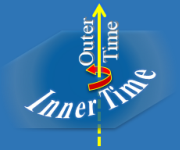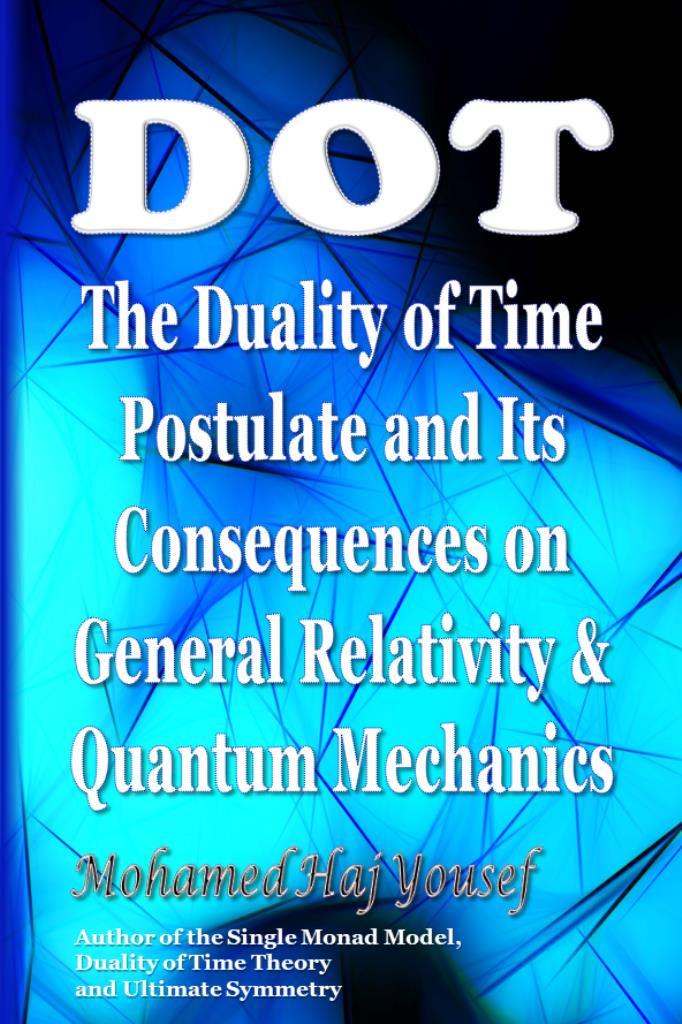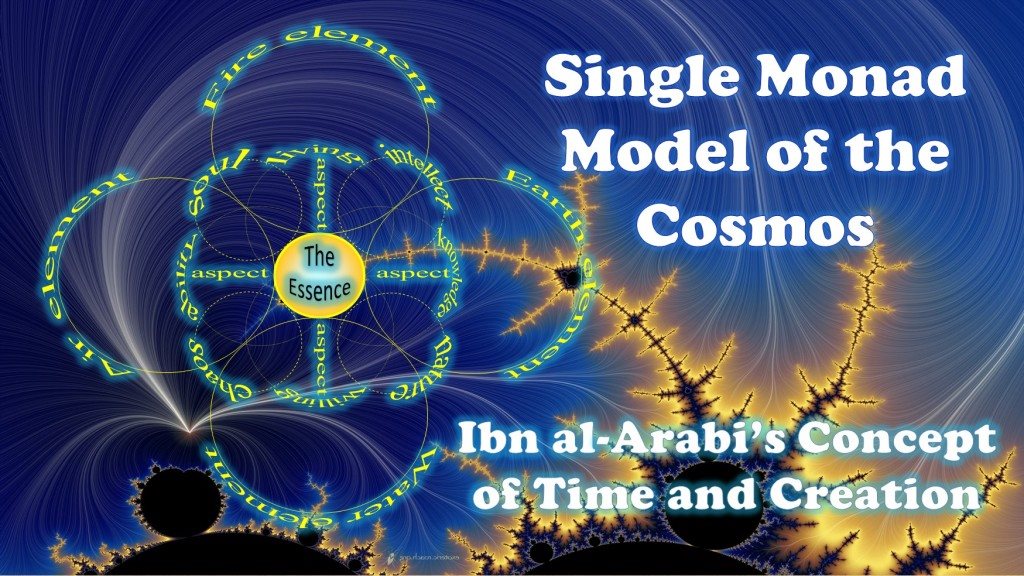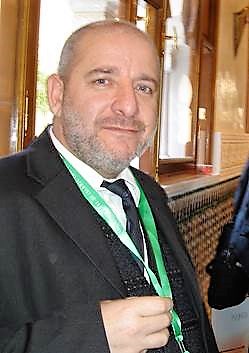2.18 Light and Optics
Some aspects of geometrical optics have been studied by Ptolemy who developed a crude approximation to the law of refraction. His work was extended by the Al-Hazen (Ibn al-Haytham, 965-1038 AD), who also carried out experiments about lenses. In 1621 Willebrod Snell (1580-1626 AD) rediscovered the correct formula for the refraction of light, which now bears his name. At the beginning of the 17th century, the telescope and the microscope were invented.
There was considerable debate as to whether light consisted of small particles which were localized and traveled in straight lines, or of waves which spread out in space. Descartes adhered to the former explanation whereas in the late 1600s Christian Huygens (1629-1695 AD) argued for a wave theory, with the waves traveling through an aether which permeated all space and all objects. Newton used a combination of the two approaches: while light itself consisted of corpuscles, he believed that these particles could induce vibrations in the aether through which they traveled. For a century after Newton, the majority of scientists adhered to the corpuscular theory, until Thomas Young (1773-1829 AD) revived the wave theory for light through his interference experiments.
It was generally accepted that sound was transported by waves carried through the air, and Young argued that light traveled in a similar way. He used the interference pattern produced in his famous two-slit experiment. Then, in 1817, the Augustin Fresnel (1788-1827 AD) showed that all known optical phenomena could be explained by the wave theory provided that, following a suggestion of Young’s, the vibrations were transverse (perpendicular to the direction of light propagation) rather than parallel to it as for sound waves.
This firmly established the wave theory as dominant, although it did raise the question of how a fluid such as the aether could support a transverse vibration, since fluids usually have only longitudinal vibrations. This problem was a harbinger of an upcoming debate over the very existence of the aether.
It is now established that light is electromagnetic radiation within a certain portion of the electromagnetic spectrum with wavelengths in the range of 400-700 Nano-Meters, between the infrared and the ultraviolet, which corresponds to a frequency range of roughly 430-750 Tera-Hertz. The term, however, is sometimes used for electromagnetic radiation of any wavelength, including gamma rays, X-rays, microwaves and radio waves, in addition to visible light. All these types of light are emitted and absorbed in tiny packets called photons that exhibit properties of both waves and particles. We will discuss this wave-particle duality when we describe Quantum Mechanics in chapter III.


















